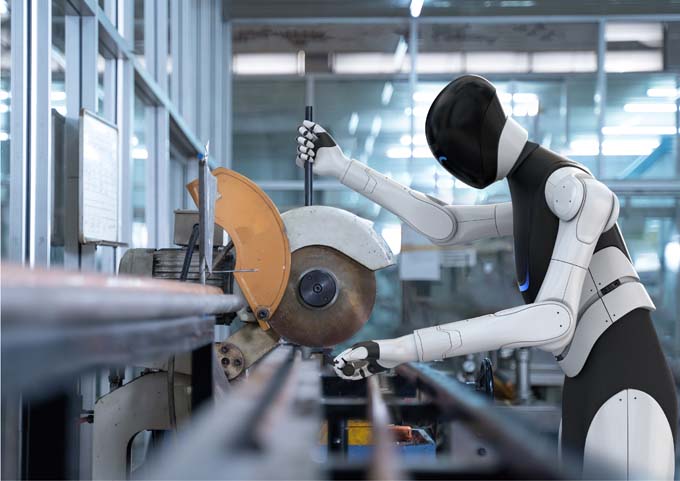The crux with the eco-label
"That too," Hannes thinks to himself. Once again, the detailed concept has been foisted on him at the managers' meeting. The company has adopted a new sub-strategy. In addition to the classic success factors, it has taken up the cause of "sustainability". The international eco-label is to be striven for, so that the customer knows that the work here is not only good, but also sustainable and organic.
Of course, the big chunks have already been implemented. The fact that production runs with as little energy as possible is a requirement. The fact that the disposal concept is subject to sustainability is neither new nor voluntary. In everyday life, however, there is still potential. This is where the leverage is to be applied. Because ecology does not only belong in the production halls, but also in the daily routine of all detailed operational processes. Only then can you reach the awareness of the employees and ultimately the customers.
Hannes is at a bit of a loss. He sits uninspired at the computer, has opened a Word document, set titles and left out space for illustrations. And now it's stuck. He gets up, movement also gets the brain going. The best ideas often jump out at you when you're strolling through the corridors or standing in front of the object. Hannes has experienced this repeatedly.
Already in his office he begins with the first notes. The fact that the standby function of the PC can start a little earlier, he has already dealt with that. But how about making the screen display a little fuzzier and smaller? That would certainly save power. He notes. It is almost certain that the microfiber cloths that are left at every workstation for the little "cleaning" in between contain a lot of chemicals. So: "Replace microfibre cloths with woollen cloths from local production".
Hannes is convinced that it is precisely with numerous detailed solutions that the decisive effect is achieved and employees are made aware of the issue. The fact that the waste heat from the PC and the printer can be used for the coffee machine makes sense - it just needs to be implemented technically. But I'm sure someone will be found to take charge of it. Toilets are hotbeds of energy waste. Why does the room have to be so brightly lit? If you don't know it by heart, you're not awake enough and have no business in a demanding business environment. Energy-saving lamps are good - but no lamp is better. In addition, the toilet has a window. This lets in enough light. In the winter months, remember to do your business again before nightfall so that your bladder can "hold out" until closing time.
The coffee corner also has ecological potential. Coffee machines have been set on standby for some time now. But the timing can be optimized: Hot coffee is only available between nine and ten o'clock. The ejected Nespresso capsules are burned in a fast process and their waste heat is converted into electricity for the eleven to twelve o'clock period. "An innovative and visionary idea," says Hannes with a satisfied smile.
The newspapers in the company canteen have served their purpose in the evening and end up in the disposal. Here it should be considered whether and how these accumulating paper kilos can be used again. For example, as absorbent paper in the dehumidifier in the server room. Or artfully folded as a disposable mobile phone cover, in order to promote the longevity of those devices as well, without profane-toxic plastic covers, but in ecologically high-quality protective covers.
Hannes gets going. He enjoys fine-tuning details and finding innovative solutions. He jots down keywords and counts the ideas. All products from production should be marked with a green dot so that customers really notice the effort. Hannes' imagination fuels another innovative proposal: birdsong is to be played through a quadraphonic loudspeaker system in the company's entrance area. The energy for this will be generated on the roof, in the company's own power plant, which will be fed with the collected droppings of real birds.
Hannes also sees potential in the company canteen. It goes without saying that all food should come from local production. In a transitional phase, "local" will be defined so that the food comes from a country where at least one employee comes from. With 25 different nations, there is no need to be too restrictive in this way. Last but not least, in the smokers' corner in the inner courtyard, the smoke will be collected and used to power a mini-turbine. This in turn will be used to stamp the green stickers for the products. Ecology requires thinking and acting in a networked and interrelated way in complex systems.
Very well - the paperless office is still a long time coming. But after all, the concept must be readable at all workplaces even without power. For this, printed paper is needed by any stretch of the imagination.









